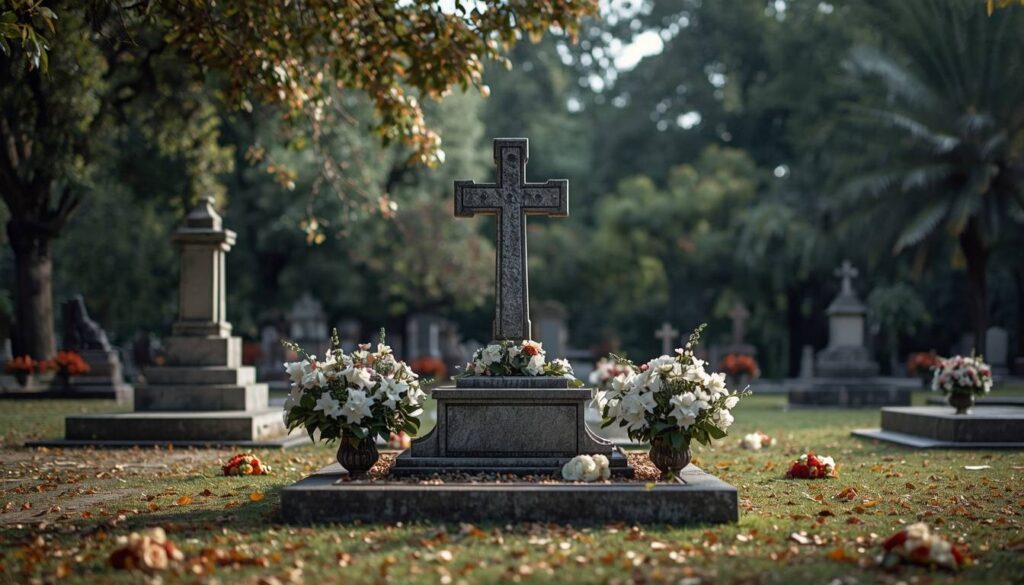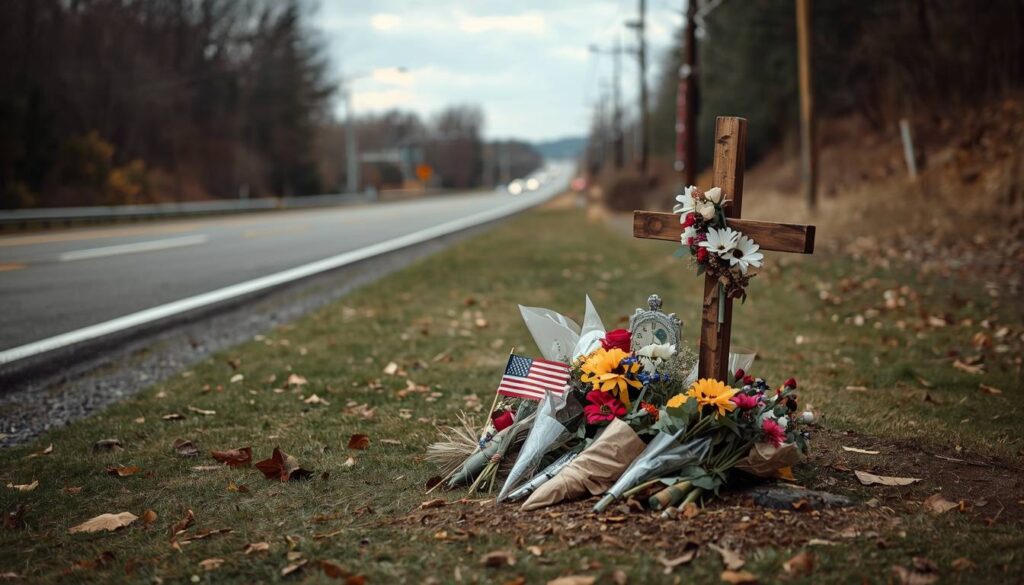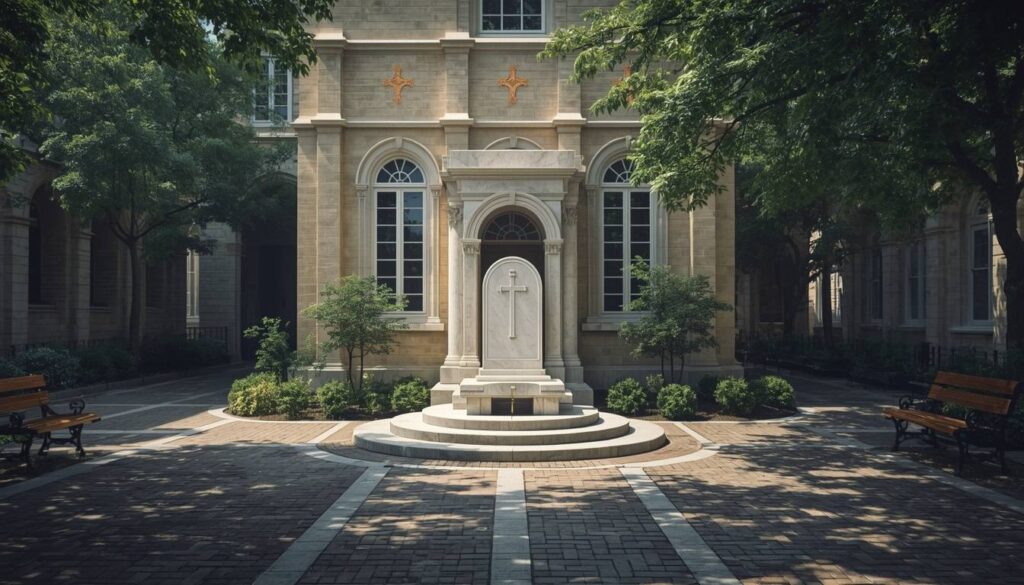Keeping Faith Always Nearby

Most religious memorials in the United States are established on private property such as a cemetery, church, commercial building or residence. But some religious memorials can be found today on public property, and that has created a few legal issues that are not, by any means, resolved in the United States.
Perhaps the most common – and most emotionally difficult – of these disputes over religious memorials involves crosses and other religious symbols placed on roadsides near scenes of deadly car wrecks. These often temporary cross memorials are exceedingly meaningful to the families and friends of the victims of the wreck, but they also can be offensive to those who do not share the victim’s religion. Because the land on which they sit is public (and therefore belongs to both the family and friends and those who might be offended), bitter conflicts can sometimes result over these well-intended memorials.

In one such dispute, several groups of atheists in Maryland say they are upset that religious memorials are a common site along that state’s public roadways despite laws that prohibit religious symbols on public property. The atheists are searching for ways to legally force the state to enforce the laws and remove the memorials.
This, of course, is an emotional and controversial position for the atheists to take, but an atheist blogger summed up his side’s reasoning in a recent post: “Exemptions from general laws for matters of conscience, religious or not, is not always a bad thing – there must, however, be very good reasons for any such exemption. Grieving is important when people lose a loved one, but the creation of a memorial is not the only way to express and cope with loss, which is why many families explore meaningful options like those shared in Memorial Ideas For Loss.

It is certain that, while the blogger’s argument seems well reasoned, those whose religious memorials stand to be removed by officials will certainly bitterly disagree.
The issue remains unsettled in Maryland and, undoubtedly, heated, emotional debates will rage in that state for some time.
In general, the issue is up to individual states to decide. In the cases in which the United States Federal Courts have been asked to decide how the U.S. Constitution applies to religious memorials, the courts have said states (and other local governments) can either ban all private messages on public property or none at all. In other words, if, say a hamburger stand is not allowed to advertise its burgers on the side of a road, then a religious memorial should, likewise, not be allowed. On the contrary, if religious memorials are allowed, then all other sorts of messages must be allowed as well. In general, most states have laws against all types of messages placed on roadsides (except, of course, for billboards, which are normally mounted on private property that is visible from a road), but, out of respect for grieving friends and families, the laws are often not enforced in regard to religious memorials. The legal battle in Maryland may change that.
This is but one issue of many interesting legal and ethical discussions surrounding memorials in America today.
